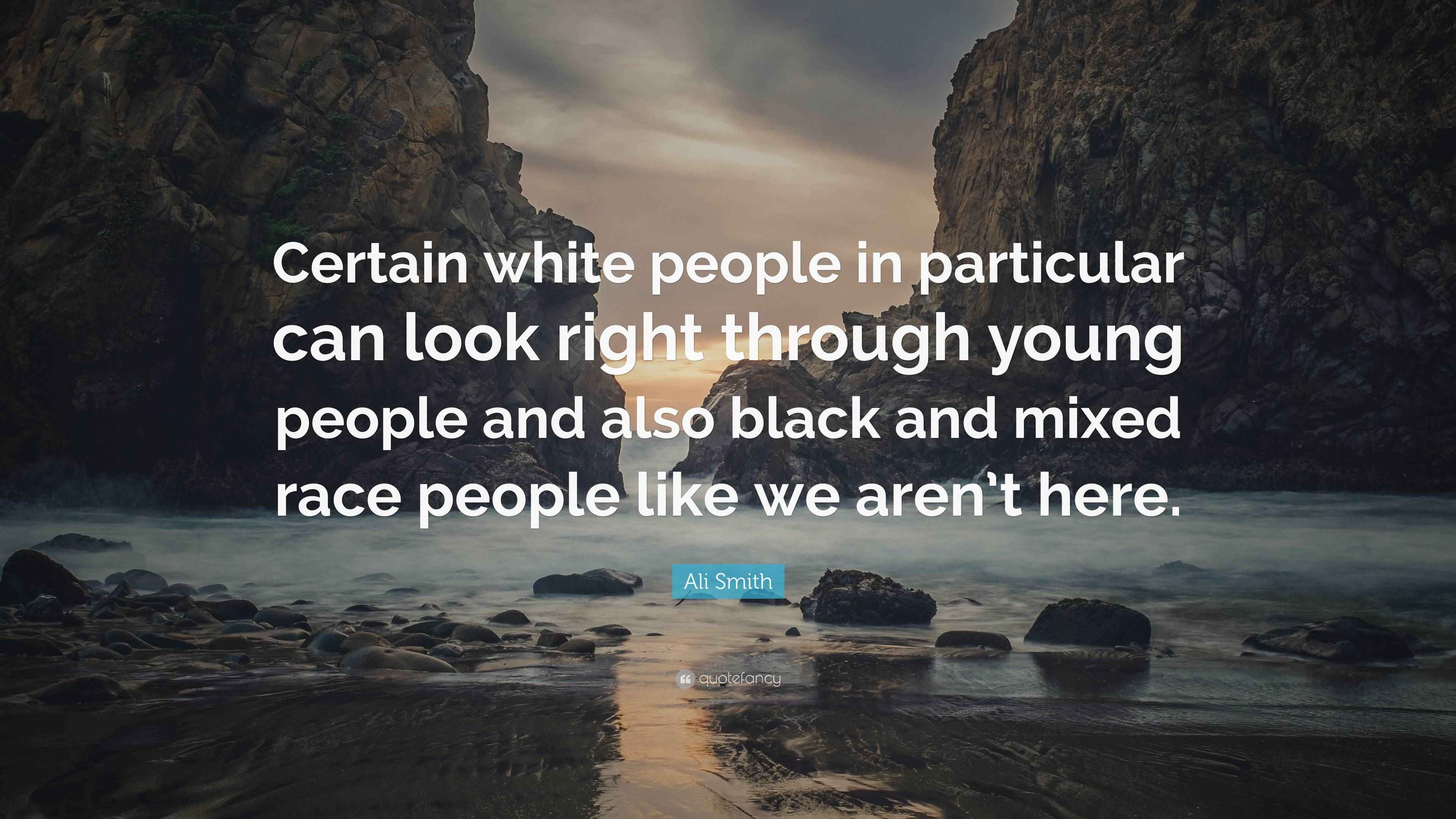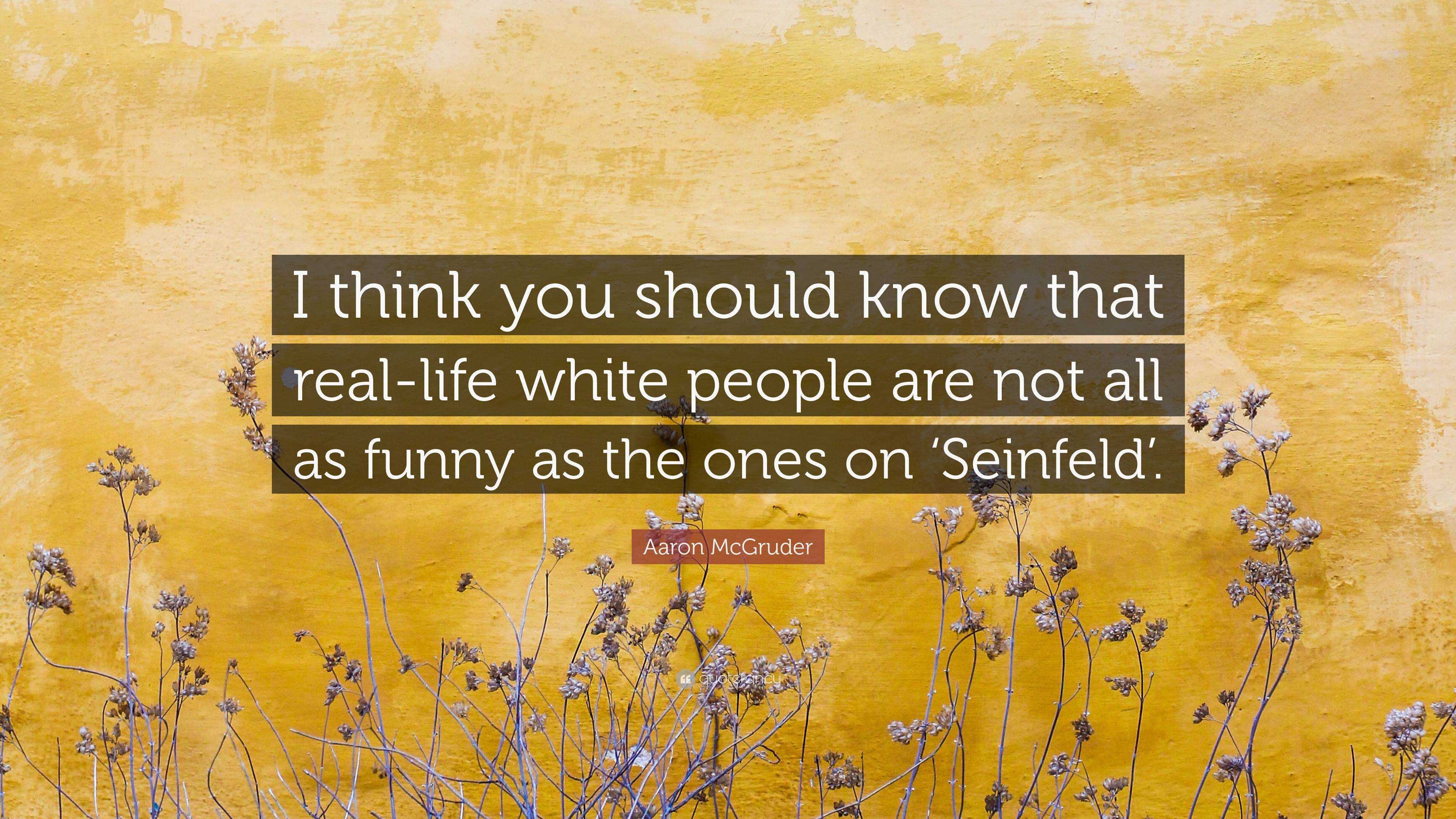Have you ever stopped to think about the phrases and expressions that seem to pop up again and again in certain social circles? It's undeniable that certain groups, whether defined by race, class, or even profession, often have their own unique vernacular. This exploration delves into the fascinating, sometimes humorous, and occasionally fraught world of "white people sayings."
From viral TikTok videos dissecting the phenomenon to academic studies examining the roots of these phrases, the topic sparks conversations about cultural identity, stereotypes, and the subtle ways language reflects and reinforces social dynamics. Understanding these phrases, their origins, and the context in which they are used offers a glimpse into the nuances of culture and can help bridge divides through respectful dialogue. It's not about condemnation, but observation and understanding.
| Category | Information |
|---|---|
| Topic Focus | Common sayings and expressions attributed to white people and their cultural context. |
| Related Social Media | TikTok videos dissecting "white people sayings," Instagram accounts like @middleclassfancy highlighting humorous behaviors and phrases. |
| Academic Context | Studies on stereotypes, racial perceptions, and the historical evolution of ethnic group portrayals in media. |
| Examples of Sayings | "We got here at the right time!", "On the same page," "Thinking outside the box," "Let's touch base," phrases ending with "guy/pal/buddy/friend." |
| Social Commentary | Examination of how certain phrases can reflect privilege or unintentionally carry racist, sexist, or offensive undertones. |
| Racial Tensions | Exploration of racial tensions related to language and cultural identity, referencing resources like "Dear White People" and "White Fragility." |
| Origins of Phrases | Tracing the historical origins and meanings of common American English phrases, some of which may have offensive roots. |
| Police Interaction | Highlighting disparities in how white people versus Black and Latino people perceive and interact with law enforcement. |
| Cultural Impact | Discussion on the cultural impact and recognition of these sayings, often leading to humor, observation, and conversation. |
| Reference Website | Pew Research Center (for studies on racial attitudes and demographics) |
The exploration of "white people sayings" isn't merely about pointing fingers or perpetuating stereotypes. It's an attempt to understand the intricate ways language functions as a cultural marker. Consider the phrase, "We got here at the right time!" It's a seemingly innocuous exclamation, often uttered when someone arrives somewhere just before a crowd gathers. However, some find it to be a hallmark of a certain cultural experience, a reflection of a perceived sense of ease and good fortune. This seemingly simple statement is enough to spark an entire online discussion.
The TikTok video from daniel english (@iamdanielenglish), replying to @sallysorensen653 with the hashtags #fyp #foryou #foryourpage, is just one example of how this topic bubbles up in the digital sphere. The comment section of such videos, though often disabled, are filled with users contributing their own observations and humorous anecdotes. The question "What are some stereotypical white people sayings?" is a recurring theme, revealing a collective awareness of these linguistic patterns. This awareness, whether playful or critical, underscores the social significance of these phrases.
The Instagram page @middleclassfancy provides another lens through which to view this phenomenon. By posting content that highlights the "funniest things that only white people say and do," the account taps into a shared understanding of certain behaviors and linguistic quirks. These posts, often satirical, generate considerable engagement and further solidify the notion that specific phrases and actions are associated with particular groups. The humor, however, often walks a fine line, prompting important discussions about representation and the potential for reinforcing harmful stereotypes.
The issue is further complicated by the recognition that many common phrases in American English have racist, sexist, or otherwise offensive origins. The term "peanut gallery," for example, was once used to refer to people in the cheapest seats, often occupied by people of color. Understanding the historical baggage of such phrases is essential for responsible communication and for fostering a more inclusive linguistic landscape. Dismissing these concerns as "political correctness gone too far" ignores the real impact that language can have on marginalized communities.
- Vincent Piazza The Untold Story Amp Latest Buzz Today
- Cedella Booker The Untold Story Of Bob Marleys Mother
The context in which these phrases are used also matters greatly. A phrase like "thinking outside the box," while seemingly harmless, can be perceived differently depending on the power dynamics at play. In a corporate setting, for instance, it might be seen as a call for innovation and creativity. However, if used by someone in a position of authority, it could be interpreted as dismissive of existing procedures or even condescending towards those who are perceived as less imaginative. It's these subtle nuances that make the study of "white people sayings" so fascinating and complex.
The idea that white people love saying "we got here at the right time!" when they're somewhere and a line forms behind them is a prime example of how seemingly innocuous phrases can become culturally loaded. It suggests a sense of being fortunate, perhaps even entitled, that resonates with some while grating on others. It's a statement that encapsulates a certain kind of experience, one that may not be universally shared and that can therefore highlight differences in privilege and access.
The relentless diaries podcast went viral after the trio of hosts posted a video talking about the most quintessential white people catchphrases known to man. Their lighthearted approach sparked considerable discussion and debate, demonstrating the wide-ranging interest in this topic. While some might dismiss it as trivial, the fact that these phrases generate so much attention suggests that they tap into something deeper about cultural identity and social perceptions.
The Twitter user @fionaapplescigarette, on Friday, posted examples of white people vernacular that they should use more, providing their own examples. This playful exercise highlights the fluidity and adaptability of language, as well as the willingness of individuals to challenge and subvert existing norms. The phrase "guilty as charged" is offered as one such example, showcasing how even seemingly common expressions can be reinterpreted and imbued with new meanings.
However, the conversation surrounding "white people sayings" isn't always lighthearted. It also touches upon more sensitive topics like white fragility and the challenges of discussing race. Robin DiAngelo's book, "White Fragility: Why It's So Hard for White People to Talk About Racism," explores the defensive reactions that white people often exhibit when confronted with issues of racial inequality. Understanding this dynamic is crucial for fostering meaningful dialogue and for dismantling systemic racism.
The quote, "It is white peoples responsibility to be less fragile," encapsulates the central argument of DiAngelo's work. It suggests that white people need to be more willing to engage in uncomfortable conversations about race, to examine their own biases, and to actively work towards creating a more equitable society. This requires a willingness to listen, to learn, and to challenge the status quo.
The Netflix series "Dear White People" also tackles these issues head-on. The film focuses on escalating racial tensions at a fictitious, prestigious Ivy League college from the perspective of several black students. Through its sharp writing and compelling characters, the series explores the complexities of race, identity, and privilege in contemporary America. The "10 most powerful quotes from Netflix's Dear White People" often circulate online, demonstrating the show's impact and its ability to spark important conversations.
The way white people perceive and interact with law enforcement is another crucial aspect of this discussion. Studies have shown that there are significant disparities in how people of different races are treated by the police. Black people, in particular, are disproportionately more likely to be stopped, searched, and arrested than white people. This reality underscores the importance of understanding the systemic biases that exist within the criminal justice system.
The tragic stories of Botham Jean, Breonna Taylor, and Atatiana Jefferson serve as stark reminders of the dangers that Black people face in their everyday lives. Jean was eating ice cream in his living room, Taylor was sleeping in her bed, and Jefferson was playing video games with her nephew when they were killed by police. These incidents highlight the urgent need for police reform and for greater accountability for law enforcement officers.
The concept of "white privilege" is central to understanding these disparities. White privilege refers to the unearned advantages and benefits that white people receive simply because of their race. These advantages can manifest in a variety of ways, from being treated with more respect by law enforcement to having greater access to housing and employment opportunities. Understanding the nuances of white privilege is essential for anyone committed to fostering social justice and equality.
A recent study by the Pew Research Center highlighted that 76% of Black people believe that a lot more needs to be done to achieve racial equality in the United States. This statistic underscores the deep-seated frustration and anger that many Black people feel about the slow pace of progress. It also highlights the need for white people to actively engage in anti-racist work and to support policies that promote racial justice.
The article "10 common phrases white people say that show their privilege," published by Dennis Michael, provides a useful framework for understanding how language can perpetuate inequality. These phrases, often uttered without conscious awareness, can reinforce harmful stereotypes and can contribute to a climate of exclusion. By becoming more aware of the impact of our words, we can begin to break down these patterns and to create a more inclusive linguistic environment.
The issue of cultural appropriation also arises in discussions about "white people sayings." When people from one culture adopt elements of another culture without understanding or respecting their original context, it can be deeply offensive. This is particularly true when the culture being appropriated is one that has been historically marginalized or oppressed. It's important to be mindful of the potential for cultural appropriation and to avoid using phrases or expressions that are disrespectful or insensitive.
The question of who gets to define "white people sayings" is also a complex one. Stereotypes are often based on generalizations and can be inaccurate or unfair. It's important to remember that not all white people use these phrases, and that not all phrases are used exclusively by white people. The goal is not to essentialize or to demonize any particular group, but rather to understand the social and cultural forces that shape our language and our perceptions.
The phrase "on the same page" is a common expression used to indicate agreement or understanding. While seemingly innocuous, it can be interpreted differently depending on the context. In a workplace setting, for example, it might be used to ensure that everyone is aligned on a particular project or goal. However, it can also be used to shut down dissenting voices or to pressure people into conforming to a particular viewpoint.
The expression "let's touch base" is another frequently used phrase, particularly in professional settings. It implies a desire to connect and to exchange information. However, it can also be seen as a way of avoiding direct communication or of delaying difficult conversations. The meaning and impact of this phrase can vary depending on the relationship between the individuals involved and the specific circumstances.
The debate over "white people sayings" is ultimately a debate about power, privilege, and identity. It's a conversation that requires sensitivity, empathy, and a willingness to engage in uncomfortable truths. By understanding the nuances of language and the social forces that shape our perceptions, we can begin to create a more just and equitable society for all.
The musician's frustration with certain phrases highlights the subjectivity of this issue. The comment, "As a musician, I always fucking hated that saying!" followed by the assertion that "Unless you have a guitar in your hands and a marshall stack cranked up to 11, then just stfu," underscores the idea that language is often tied to specific experiences and identities. What might be considered a harmless expression to one person can be deeply offensive to another.
The existence of a "whitepeopletwitter community" with 3.1 million subscribers further demonstrates the widespread interest in this topic. This online community provides a space for people to share their observations and humorous anecdotes about white culture. While some of the content might be lighthearted, it also raises important questions about representation, identity, and the potential for stereotyping.
Before the 1980s, ethnic groups such as the Irish, Italians, Armenians, and Polish people were often portrayed in popular media in stereotypical ways. This historical context is important for understanding how stereotypes evolve and how they can persist over time. By recognizing the historical roots of these stereotypes, we can begin to dismantle them and to create more accurate and nuanced representations of different cultures.
In conclusion, the exploration of "white people sayings" is a multifaceted and complex endeavor. It involves examining the nuances of language, understanding the social and cultural forces that shape our perceptions, and engaging in difficult conversations about race, privilege, and identity. While the topic can be sensitive and controversial, it's essential for fostering a more just and equitable society for all.
- Ai Nude Photos Scandal Angel Reese Speaks Out Truth Revealed
- Nico Cyd Charisse A Troubled Legacy Of Dance Love


